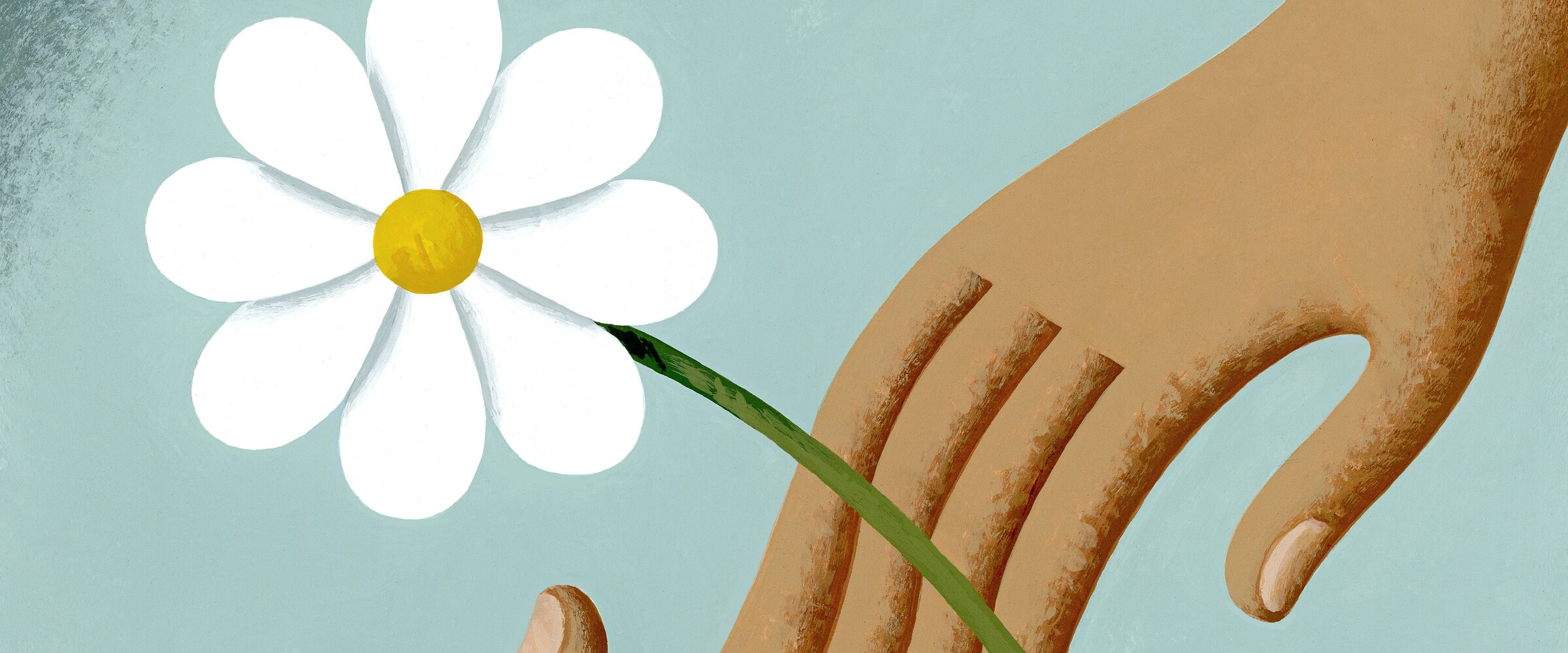
Third-party reproduction
Five things you need to know about using donor sperm, eggs and embryos
If you’re in a same sex relationship, or in a heterosexual relationship but dealing with complex fertility issues, sperm, egg or embryo donation may provide your only chance to start a family. Or, if you’re a single woman and longing to have a baby, you may be thinking about using a sperm donor.
There’s no doubt today’s assisted reproductive science is an incredible gift if you’re in any of these situations. But what should you consider first? And what about the potential impact in the future – for you and your family?
Using donor sperm, eggs or embryos involves a relatively straightforward medical procedure, but the legal, emotional and psychological issues can be much more complex. Here are five key facts to consider.
Donor-conceived families are just as happy
A 2012 study1, the largest and most comprehensive examination of donor conceived families in Australia, found that these families are just as ‘psychologically happy’ as families with children conceived naturally.
The study looked at the health of the couple’s relationship, their relationship with their children, and the communication and support within the family. On average, mothers of children conceived with donor sperm had lower levels of psychological distress. Fathers recorded higher nurturing scores and less conflict with their children. And overall there was no difference in the quality of relationships.
Counselling is a vital part of the process
In Victoria, the Assisted Reproductive Treatment Act 2008 regulates all donor procedures. This includes you and your partner meeting with a counsellor at least two times to discuss the psychological and legal implications of using a donor to create your family. For NSW and QLD based clinics, all individuals and couples are required to meet with a counsellor at least once, but are encouraged to have at least two before going ahead with a treatment involving donor sperm, eggs or embryos.
You cannot pay a donor for sperm, eggs or embryos
In Australia, it is illegal to receive or make payment for any human tissue, however a donor can be reimbursed for travel costs and reasonable medical expenses.
Your fertility clinic can recruit a sperm donor for you, and keeps a waiting list for embryo donation, but if you need to use donor eggs to conceive you will need to find your own egg donor. This could be a sister or friend, or you can also advertise for one.
A surrogate is encouraged not to use her own eggs
If pregnancy is too risky for you or your baby, or if carrying a pregnancy is medically impossible, surrogacy may be your only hope of having a child. This is a highly complex journey, and you can find out more about the legal requirements in your area via the links at the end of this article. Our clinics only offer gestational surrogacy which means your baby is conceived using your own (or donor) egg and sperm. Traditional surrogacy where the surrogate uses her own eggs and carries the pregnancy, is legal in most states except Victoria, however is not recommended or offered in our clinics.
When your child turns 18, they can request information on their donor
To tell, or not to tell? Interestingly, the Australian Institute of Family Studies' study1 we mentioned above found most donor children were not told they were conceived with donor sperm.
However, many specialists in this field2 believe it is important to explain to children where they come from.
There are practical considerations – they have a legal right to find their donor once they turn 18, there is the possibility they could form a relationship with someone they are related to, and they may need to know more about their medical history later on.
This is a very personal decision, but it is best if your child hears this information from you, and that you make their story a positive part of their life.
In Victoria, the birth certificate will state that there is additional information available upon request to the person named, which implies that the majority of Donor conceived individuals will be curious and request the information if they are not aware of it already.
Read more:
Donor Program in Melbourne , Donor Program in Queensland , Donor Program in NSW,
1http://www.theage.com.au/national/donor-sperm-families-just-as-happy-20…
2http://www.parentlink.act.gov.au/parenting-resources/parenting-guides/a…
